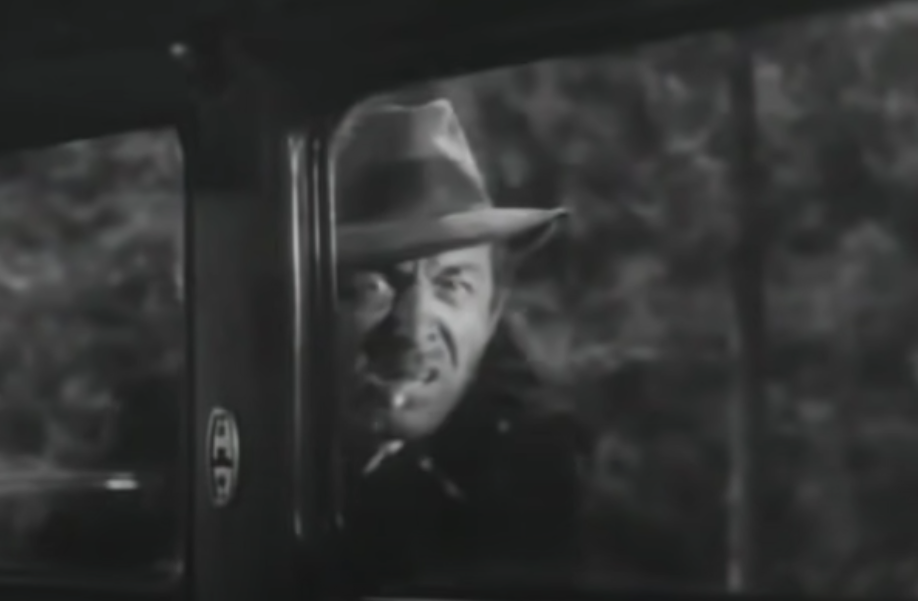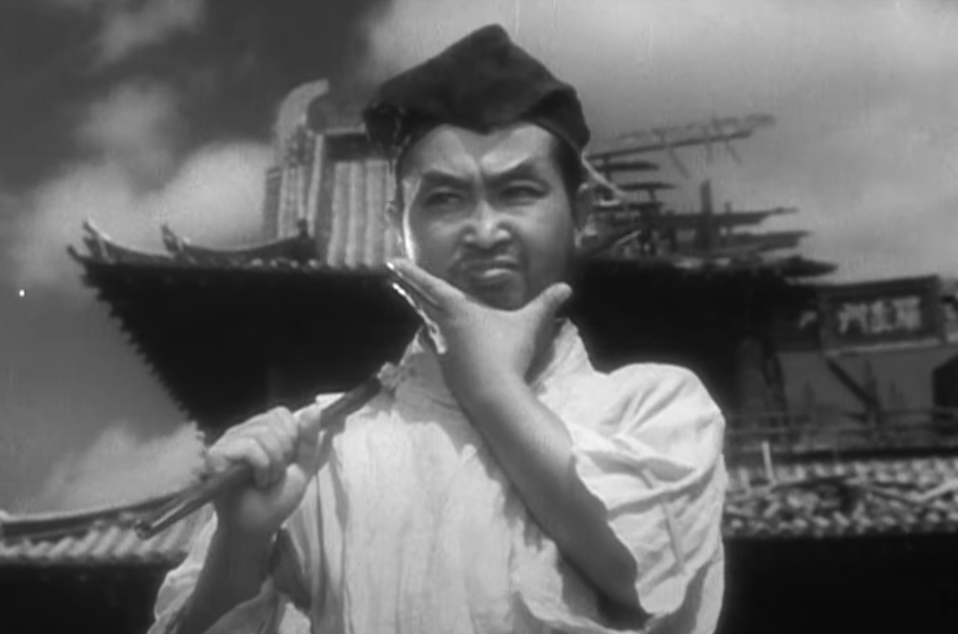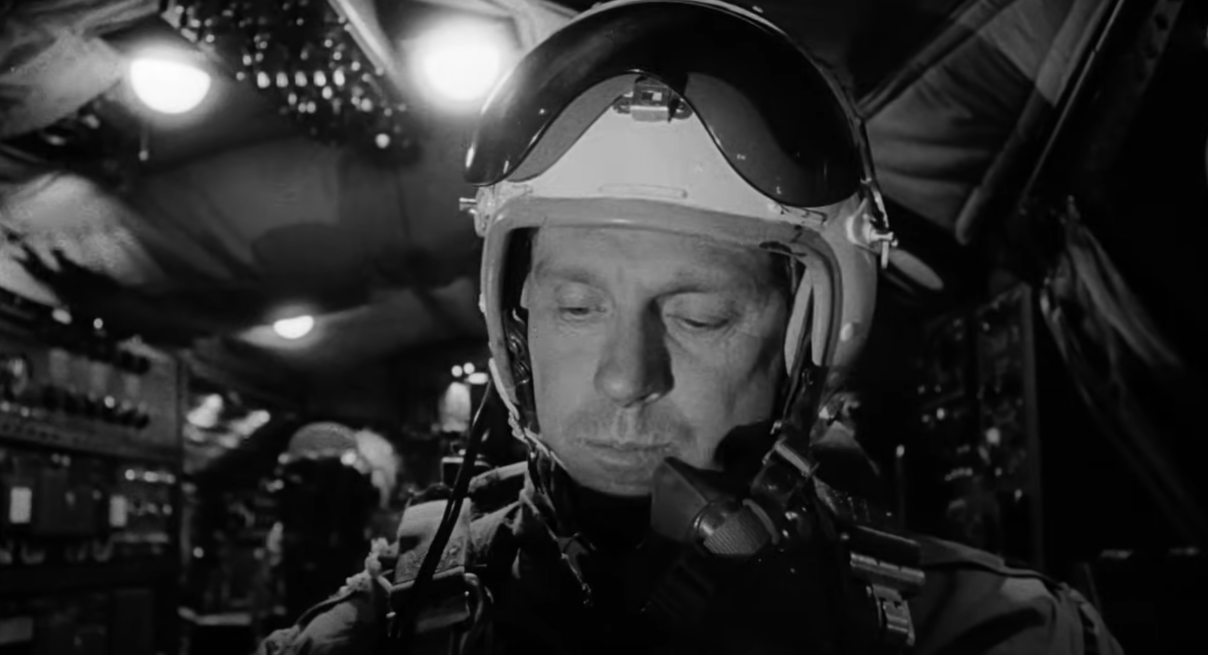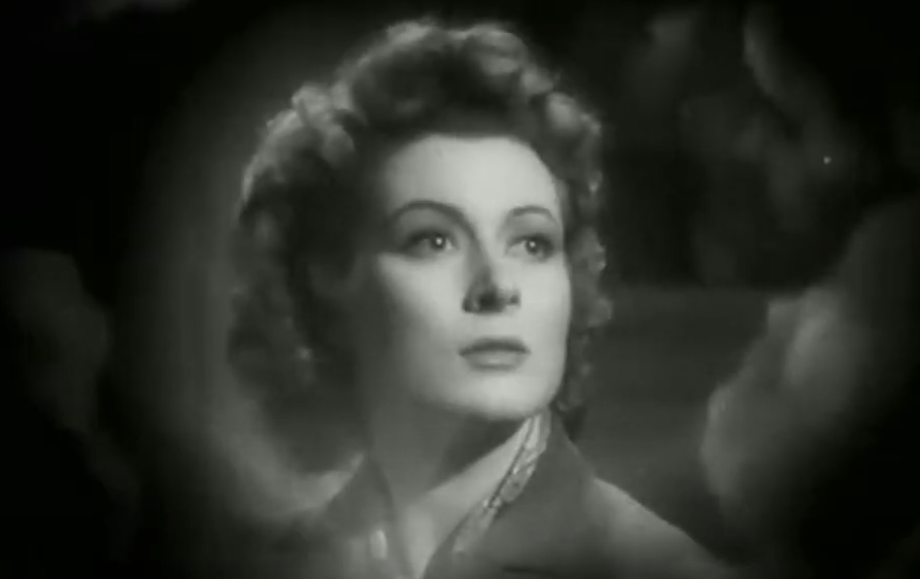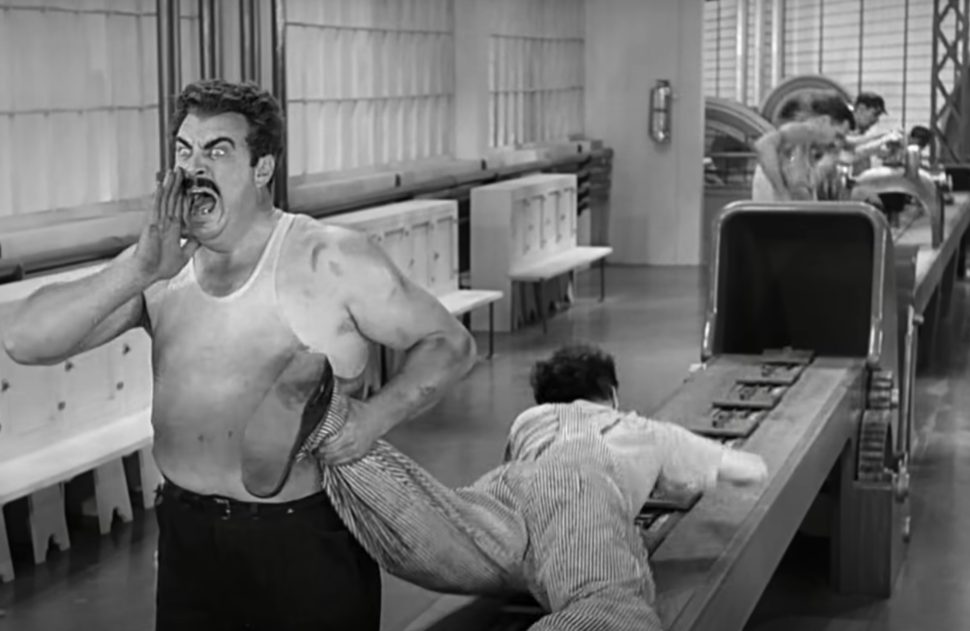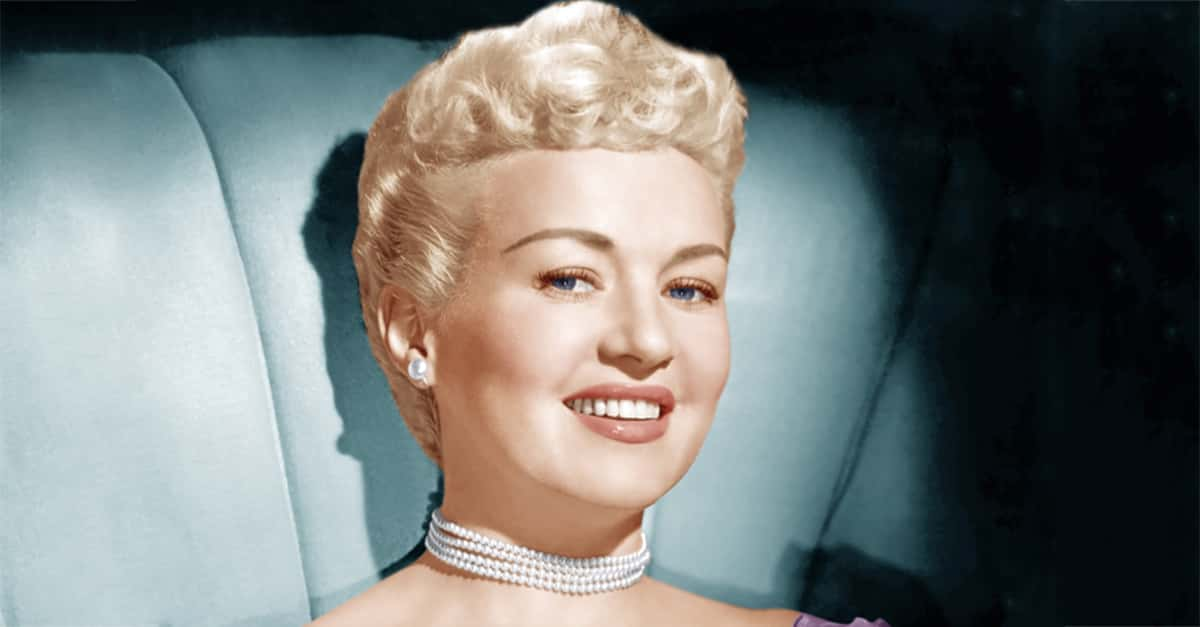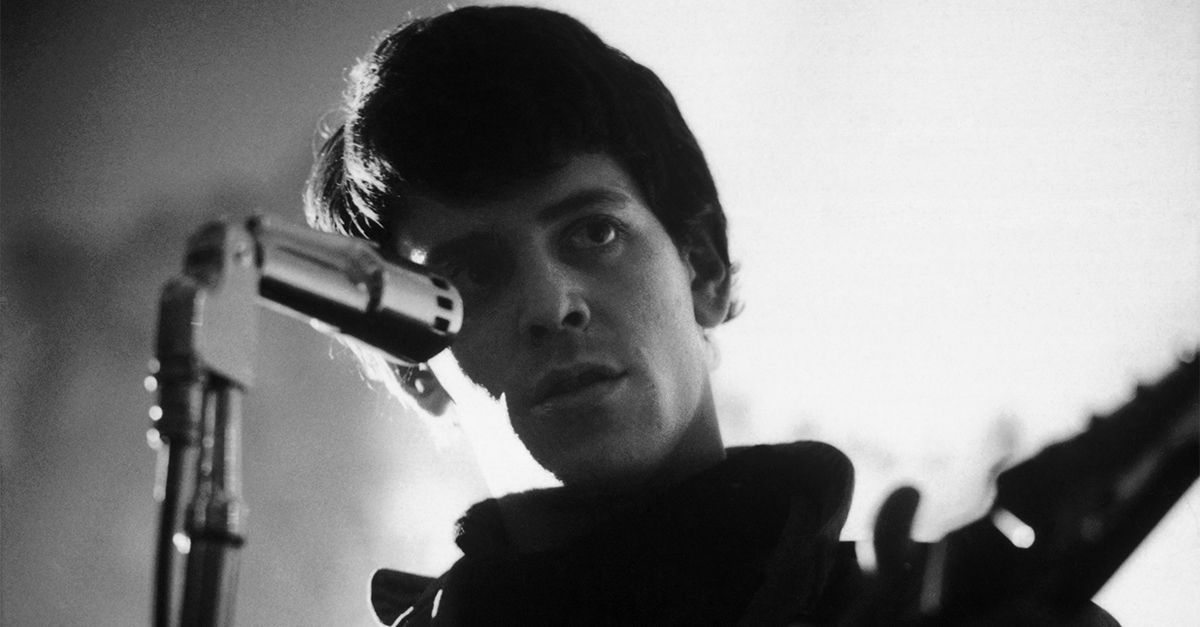The Greatest Black And White Movies Of All Time
Before color was an option, filmmakers mastered their skills using black and white film stocks—and in doing so, gave us some of cinema’s finest moments.
According to IMDb, the world's most popular and authoritative source for movie, TV and celebrity content, these are 30 of the best black and white movies of all time.
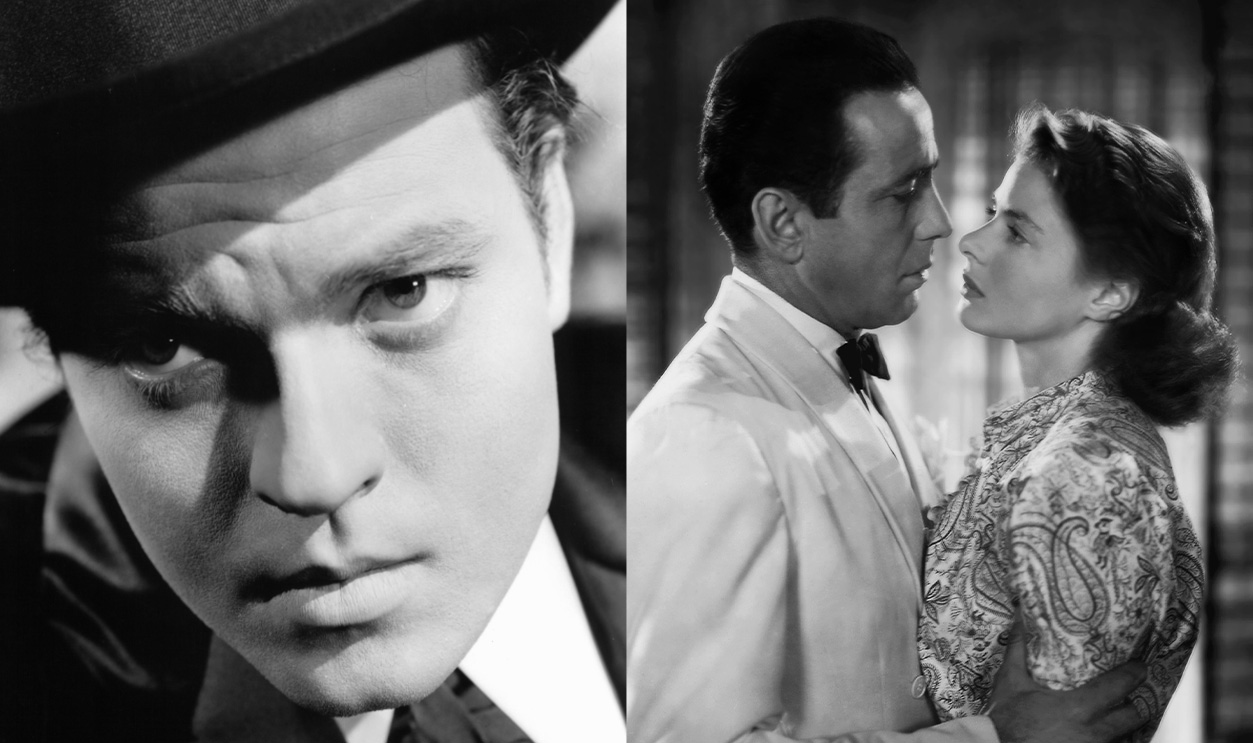
Citizen King (1941)
Director: Orson Welles
Genres: Drama, Mystery
Synopsis: “Following the death of publishing tycoon Charles Foster Kane, reporters scramble to uncover the meaning of his final utterance: 'Rosebud.'”
Orson Welles, along with his cast and crew, is said to have created one of the most unusual stories ever presented on the silver screen. And although it was originally a box-office flop, today’s black and white film lovers can’t get enough.
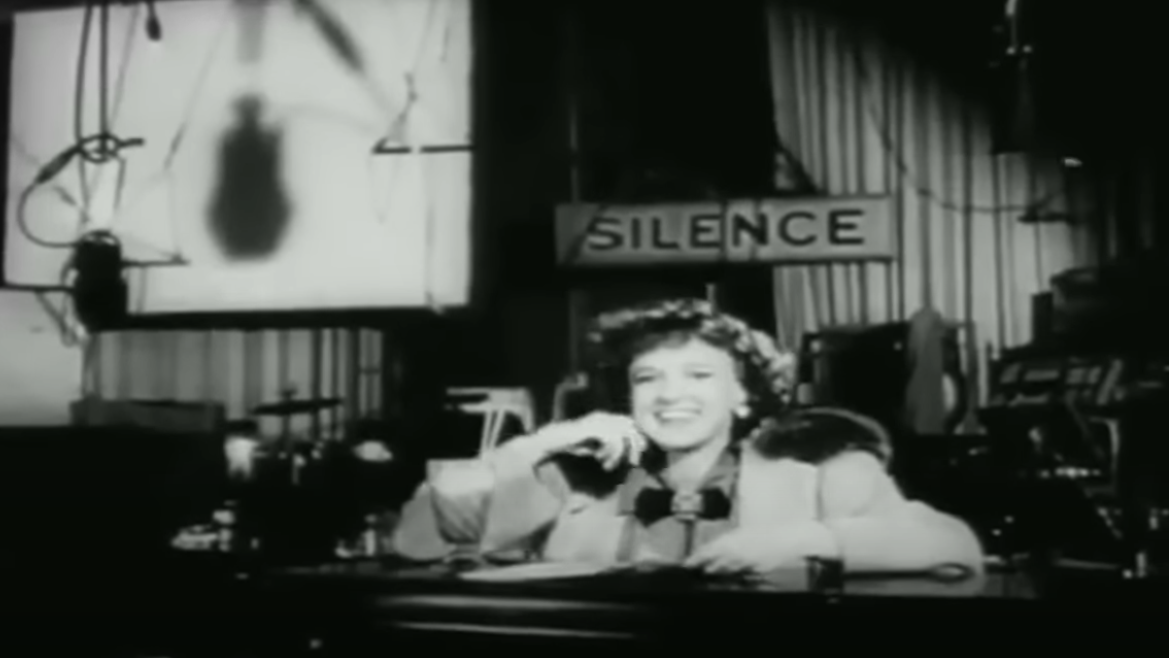 RKO Radio Pictures, Citizen Kane (1941)
RKO Radio Pictures, Citizen Kane (1941)
The Best Years of Our Lives (1946)
Director: William Wyler
Genres: Drama, Romance, War
Synopsis: “Three World War II veterans, two of them traumatized or disabled, return home to the American Midwest to discover that they and their families have been irreparably changed.”
Reviews have referred to this picture as “an extraordinary, moving post-war film,” claiming it reveals artistic richness and spiritual depth.
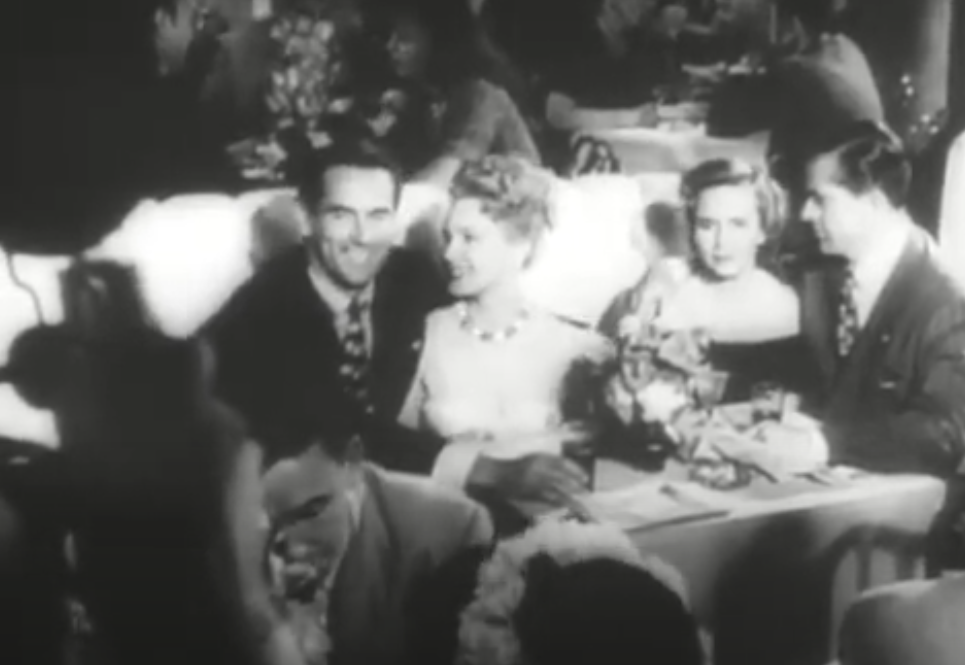 The Samuel Goldwyn Company, The Best Years of Our Lives (1946)
The Samuel Goldwyn Company, The Best Years of Our Lives (1946)
The Grand Illusion (1937)
Director: Jean Renoir
Genres: Drama, War
Synopsis: “During WWI, two French soldiers are captured and imprisoned in a German P.O.W. camp. Several escape attempts follow until they are eventually sent to a seemingly inescapable fortress.”
This film has been called “a great drama of human emotions.” Reviews claim it to be a timeless classic deserving of its reputation.
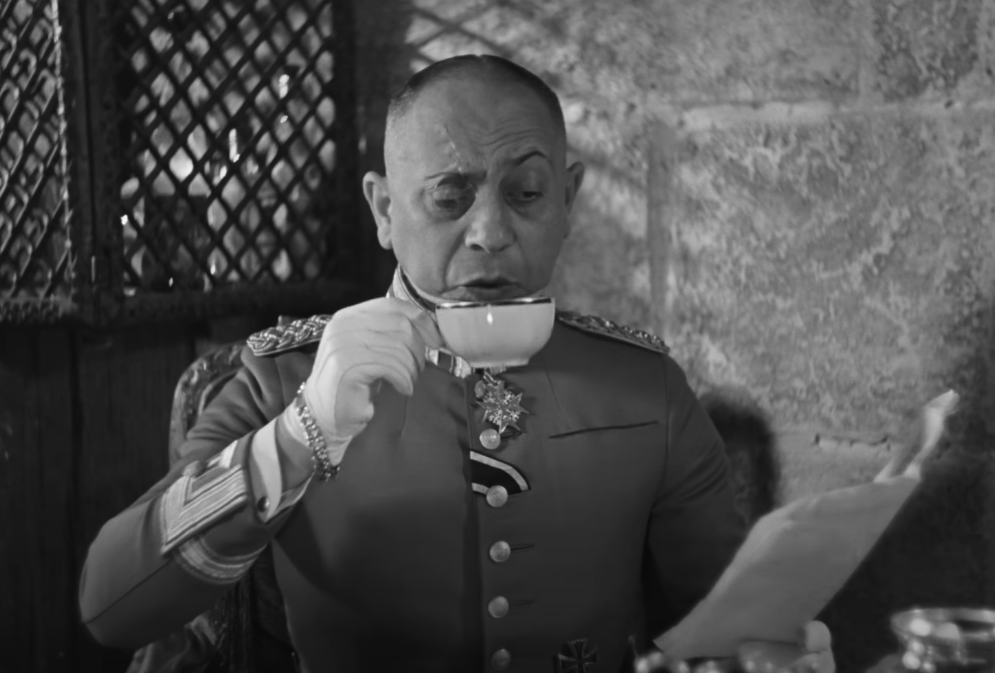 Réalisation d'art cinématographique (RAC), The Grand Illusion (1937)
Réalisation d'art cinématographique (RAC), The Grand Illusion (1937)
Schindler’s List (1993)
Director: Steven Spielberg
Genres: Biography, Drama, History
Synopsis: “In German-occupied Poland during World War II, industrialist Oskar Schindler gradually becomes concerned for his Jewish workforce after witnessing their persecution by the Nazis.”
This film had such an impact on viewers that most reviews claim they left the cinema in complete silence. It is said to “stand alone as a monumental piece of cinema,” and a “magnificent accomplishment.”
Bonus Fact: When survivor Mila Pfefferberg was introduced to Ralph Fiennes on the set, she began shaking uncontrollably, as he reminded her too much of the real Amon Göth.
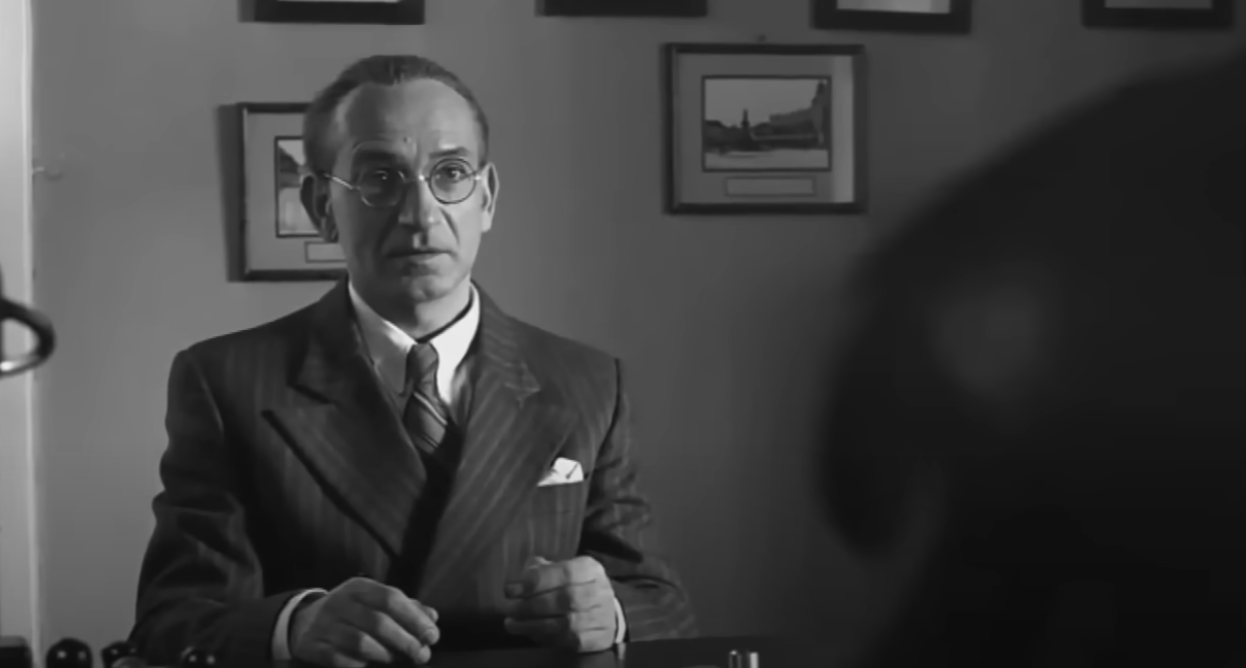 universal, Schindler’s List (1993)
universal, Schindler’s List (1993)
Paths of Glory (1957)
Director: Stanley Kubrick
Genres: Drama, War
Synopsis: “After a failed attack on a German position, a general orders three soldiers, chosen at random, court-martialed for cowardice and their commanding officer must defend them.”
This film has been dubbed an “anti-war masterpiece.”
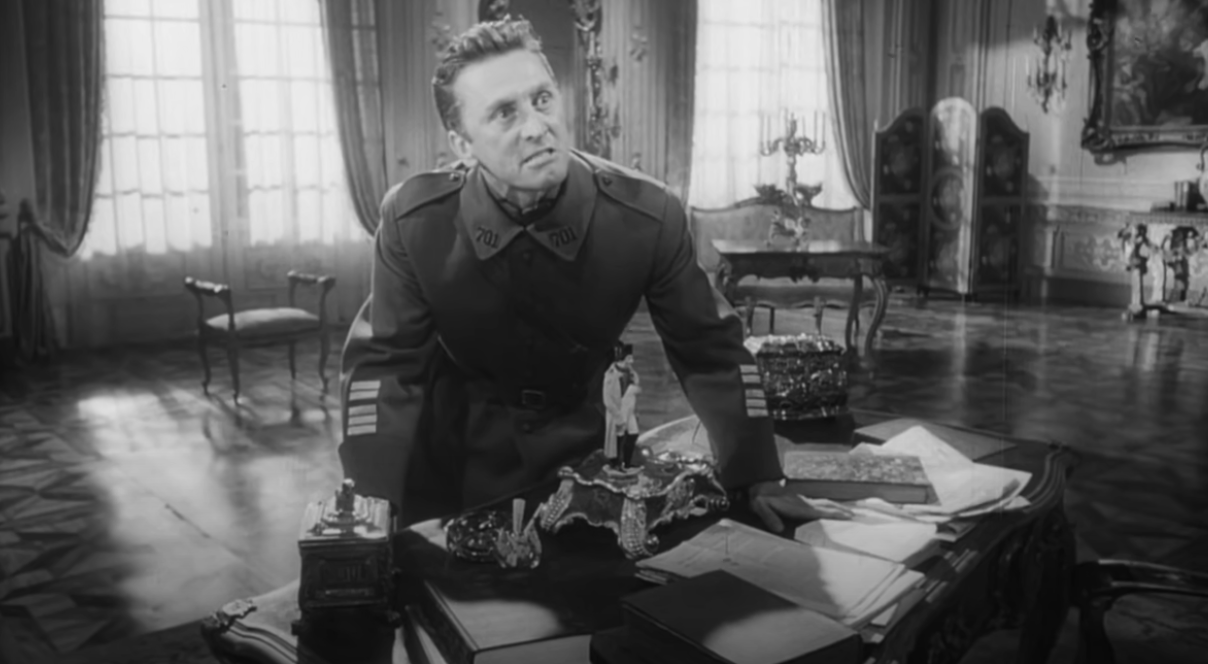 Bryna Productions, Paths of Glory (1957)
Bryna Productions, Paths of Glory (1957)
Psycho (1960)
Director: Alfred Hitchcock
Genres: Horror, Mystery, Thriller
Synopsis: “A secretary on the run for embezzlement takes refuge at a secluded California motel owned by a repressed man and his overbearing mother.”
It’s no secret that Hitchcock made many valuable contributions to the art of cinema, but apparently this one stands out among the rest, with its close examination of the insane mass slayer.
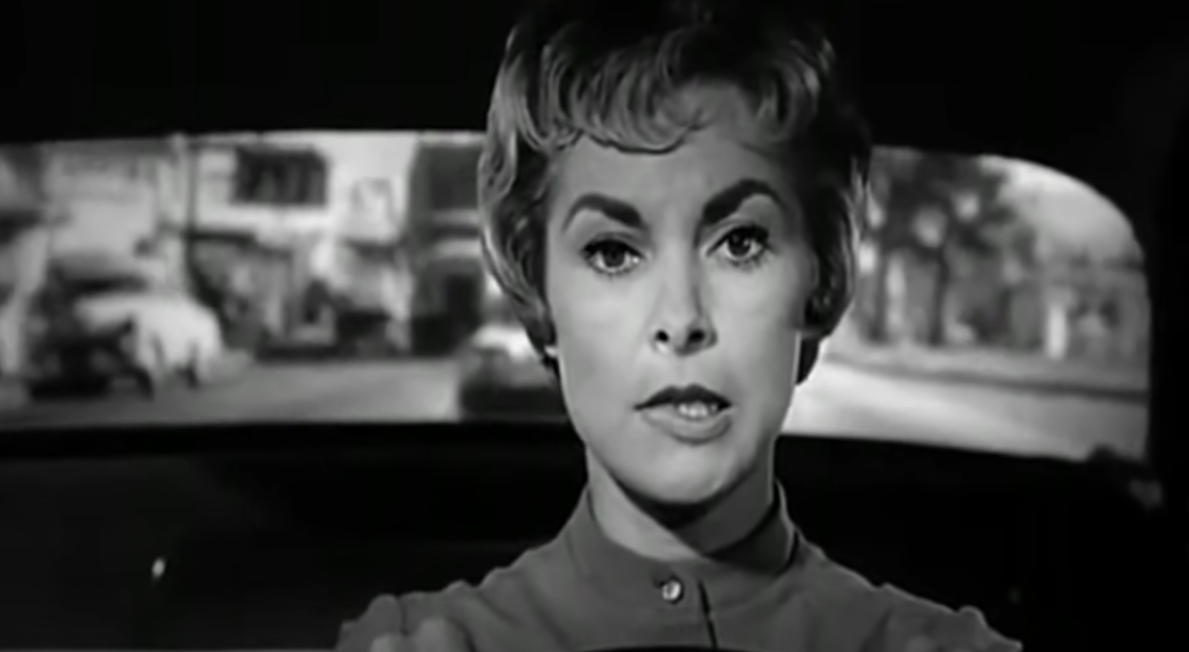 Alfred J. Hitchcock Productions, Psycho 1960
Alfred J. Hitchcock Productions, Psycho 1960
To Kill a Mockingbird (1962)
Director: Robert Mulligan
Genres: Crime, Drama
Synopsis: “Atticus Finch, a widowed lawyer in Depression-era Alabama, defends a Black man against an undeserved rape charge, and tries to educate his young children against prejudice.”
Based on the book by Harper Lee, this film is said to be one of the most moving films of all time. Both book and movie are known for providing an experience that changes the way viewers perceive the world.
The Treasure of the Sierra Madre (1948)
Director: John Huston
Genres: Adventure, Drama Western
Synopsis: “Two down-on-their-luck Americans searching for work in 1920s Mexico convince an old prospector to help them mine for gold in the Sierra Madre Mountains.”
This film is known for its powerful storyline. Reviews regard it as “magnificent,” and “one of the few great screen tragedies.”
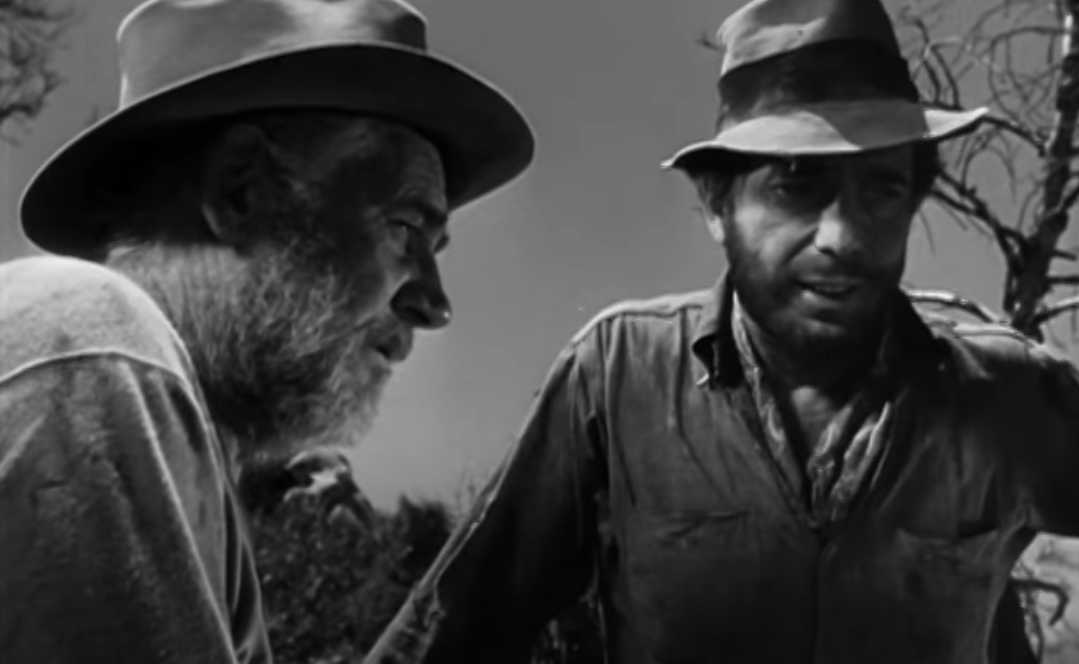 Warner Bros. The Treasure of the Sierra Madre 1948
Warner Bros. The Treasure of the Sierra Madre 1948
Sunset Boulevard (1950)
Director: Billy Wilder
Genres: Drama, Film-Noir
Synopsis: “A screenwriter develops a dangerous relationship with a faded film star determined to make a triumphant return.”
Reviews claim this film is a “true masterpiece,” that has something in it for everyone. It is believed to impact viewers lives differently depending on their own personal experiences.
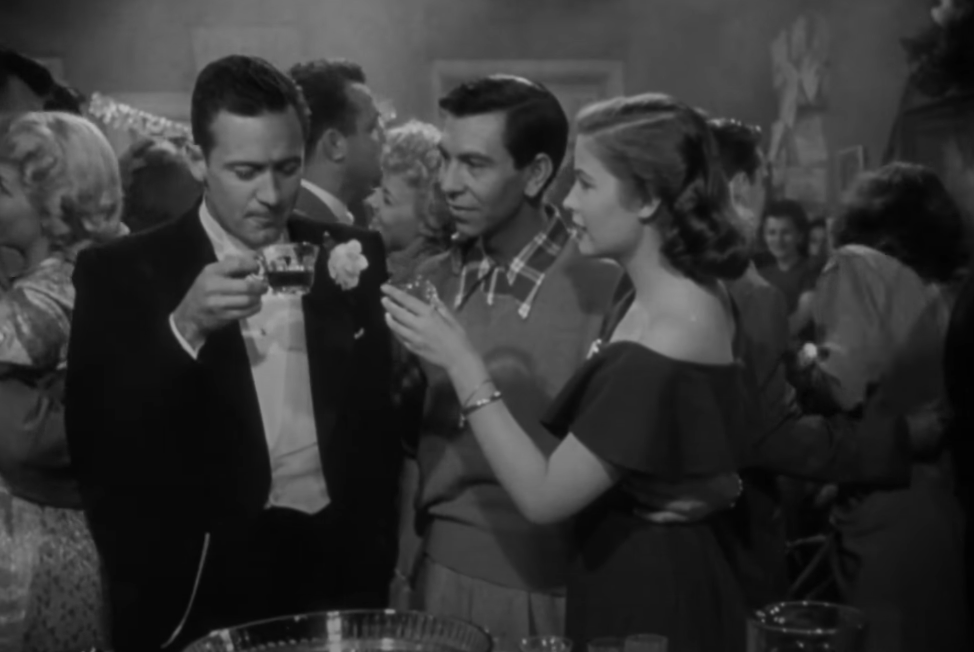 Paramount, Sunset Boulevard (1950)
Paramount, Sunset Boulevard (1950)
The Road (1954)
Director: Frederico Fellini
Genre: Drama
Synopsis: “A care-free girl is sold to a traveling entertainer, consequently enduring physical and emotional pain along the way.”
Originally titled, “La Strada,” it is said that Fellini “found power in the poor,” while crafting this masterpiece. Reviews claim the roles were casted perfectly, and the “lack of artificiality” allows the viewer to be fully immersed in the unfolding events.
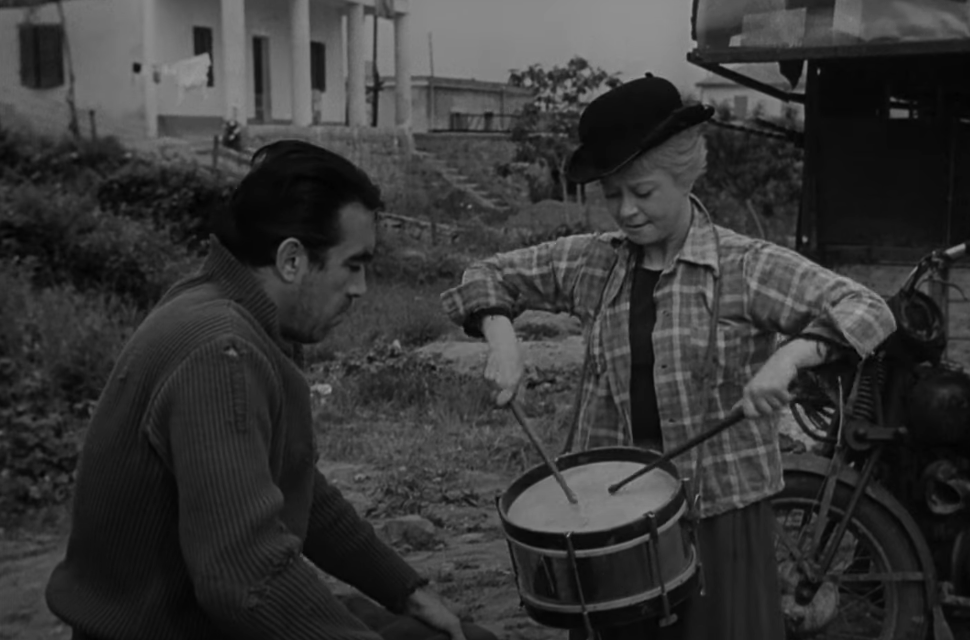 Ponti-De Laurentiis Cinematografica The Road (1954)
Ponti-De Laurentiis Cinematografica The Road (1954)
Casablanca (1942)
Director: Michael Curtiz
Genres: Drama, Romance, War
Synopsis: “A cynical expatriate American cafe owner struggles to decide whether or not to help his former lover and her fugitive husband escape the Nazis in French Morocco.”
This classic film is believed to be the most watched and most loved black and white movie ever made. With its excellent combination of casting, characters, and storyline, reviews claim that while the film may not be perfect, it is “well worth remembering and watching.”
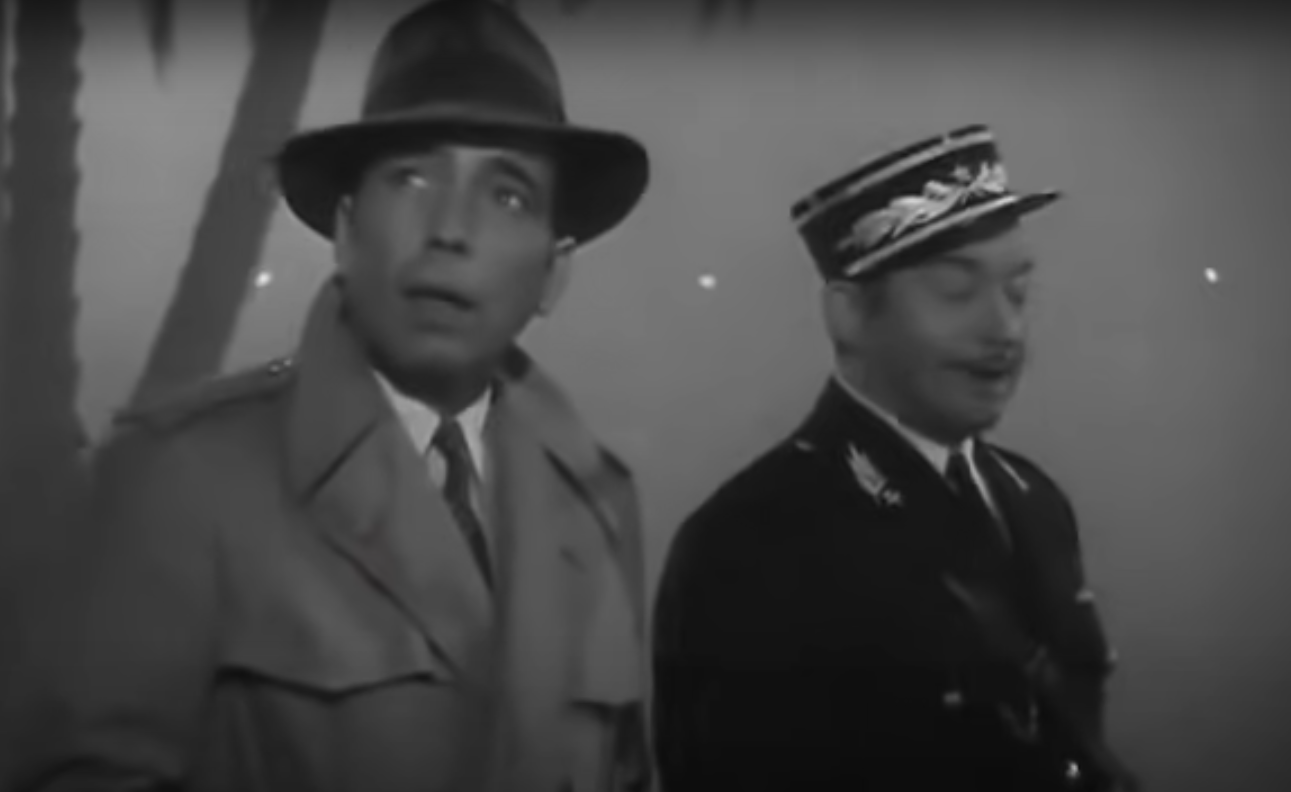 Warner Bros. Casablanca (1942)
Warner Bros. Casablanca (1942)
Lost Horizon (1937)
Director: Frank Capra
Genres: Adventure, Drama, Fantasy, Mystery
Synopsis: “When a revered diplomat's plane is diverted and crashes in the peaks of Tibet, he and the other survivors are guided to an isolated monastery at Shangri-La, where they wrestle with the invitation to stay.”
Top reviews believe Frank Capra “guides his audiences through danger and turmoil to that place which dreams are made of, when we all make the effort to make it happen.”
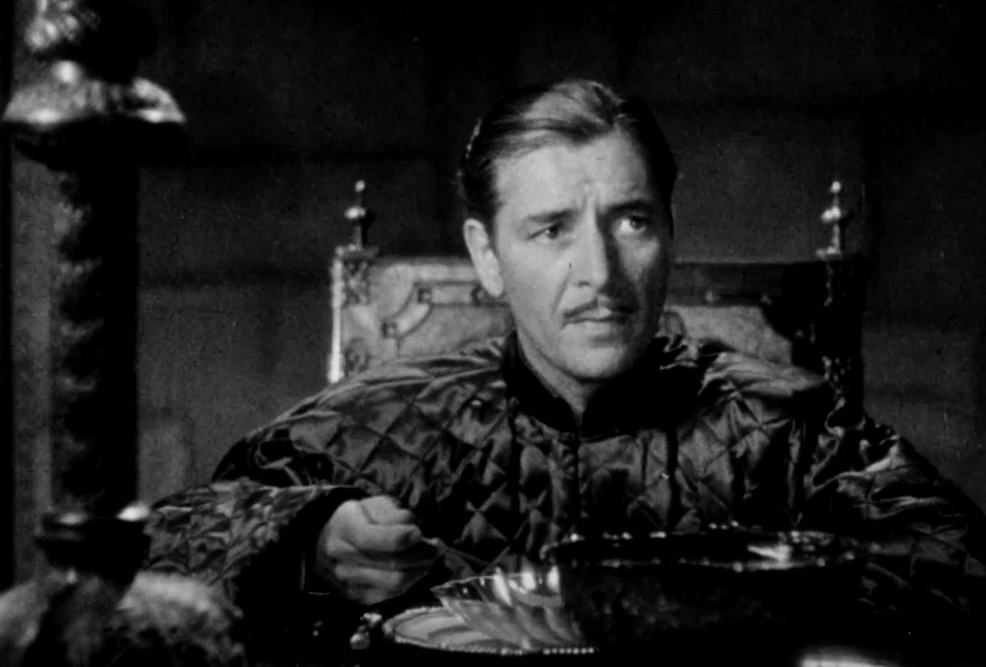 Columbia Pictures, Lost Horizon (1937)
Columbia Pictures, Lost Horizon (1937)
All About Eve (1950)
Director: Joseph L. Mankiewicz
Genre: Drama
Synopsis: “Seemingly timid but secretly ruthless ingenue Eve Harrington insinuates herself into the lives of aging Broadway star Margo Channing and her circle of theater friends in this Oscar-winning story.”
Many reviews found this film to have been written “perfectly,” with character Margo Channing (played by Bette Davis) said to be the “best female character of the fifties.”
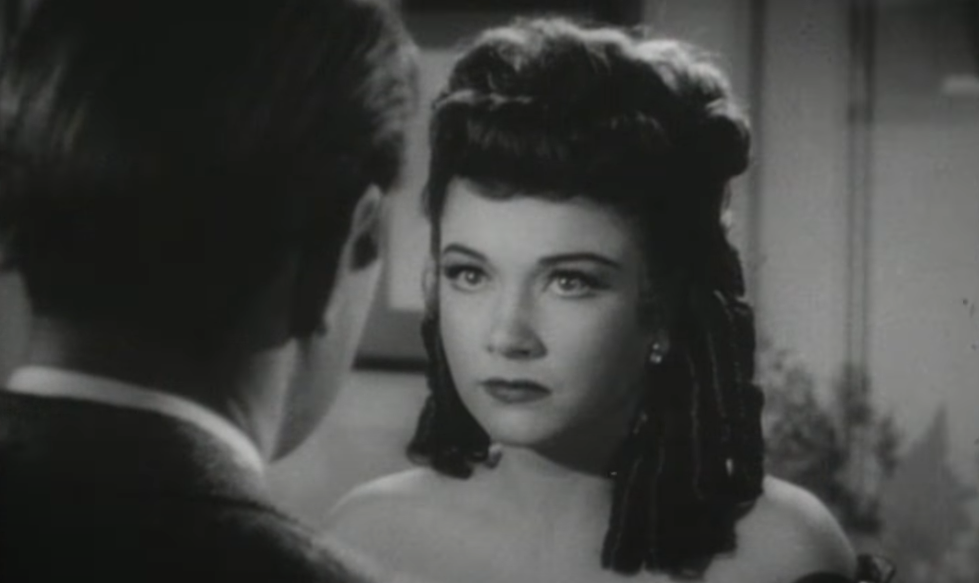 Twentieth Century. All About Eve (1950)
Twentieth Century. All About Eve (1950)
Rashomon (1950)
Director: Akira Kurosawa
Genres: Crime, Drama. Mystery
Synopsis: “The indecent assault of a bride and the slaying of her samurai husband are recalled from the perspectives of a bandit, the bride, the samurai's ghost and a woodcutter.”
It is believed that Kurosawa delivered a story “so down to earth,” he “epitomized the truth art of Japanese cinema in any age.”
Manhattan (1979)
Director: Woody Allen
Genres: Comedy, Drama, Romance
Synopsis: “The life of a divorced television writer dating a teenage girl is further complicated when he falls in love with his best friend's mistress.”
Manhattan is said to be one of Woody Allen’s best, with utterly fantastic black and white cinematography. The cast, which includes Meryl Streep, Woody Allan, and Diane Keaton, is said to have depicted the storyline seamlessly.
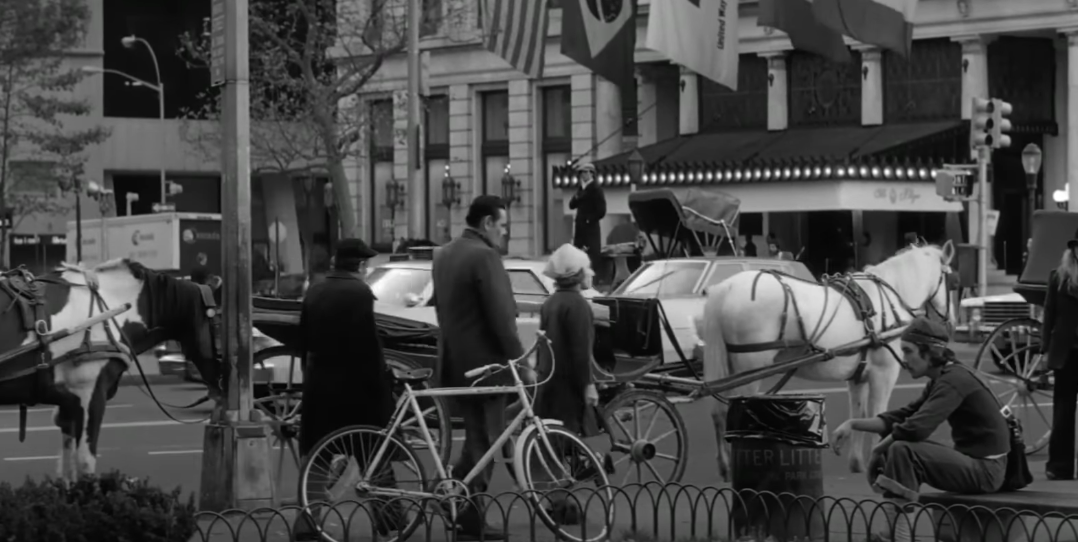 Jack Rollins & Charles H. Joffe Productions, Manhattan 1979
Jack Rollins & Charles H. Joffe Productions, Manhattan 1979
Hobson’s Choice (1954)
Director: David Lean
Genres: Comedy, Drama, Romance
Synopsis: “Widower Henry Hobson refuses to let his three daughters get married because he doesn't want to pay settlements, so they'll just have to outsmart him.”
Dubbed “a masterpiece of lusty, gusty, rowdy entertainment,” Hobson’s Choice was crafted by one of the greatest practitioners of film making ever. Reviews call it a “superb story with excellent characters.”
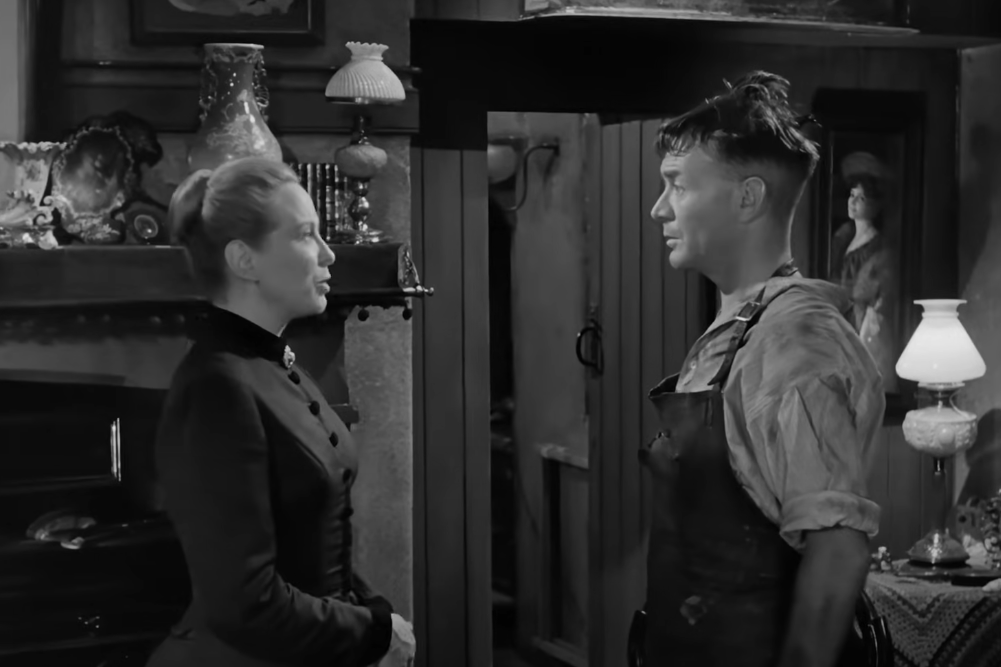 London Film Productions, Hobson's Choice 1954
London Film Productions, Hobson's Choice 1954
The Manchurian Candidate (1962)
Director: John Frankenheimer
Genres: Drama, Thriller
Synopsis: “An American POW in the Korean War is brainwashed as an unwitting assassin for an international Communist conspiracy.”
This classic film is said to be “complex and fantastic,” and highlights the range that only John Frankenheimer could bring out.
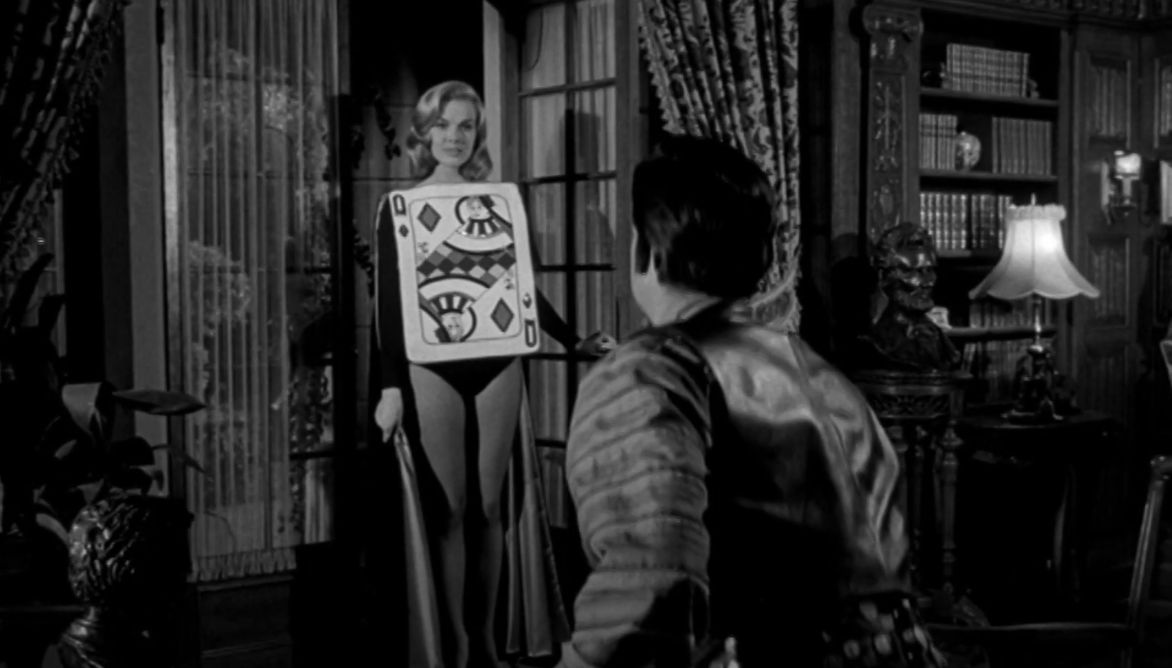 M.C. Productions, The Manchurian Candidate (1962)
M.C. Productions, The Manchurian Candidate (1962)
Sullivan’s Travels (1941)
Director: Preston Sturges
Genres: Adventure, Comedy, Drama, Romance
Synopsis: “Hollywood director John L. Sullivan sets out to experience life as a homeless person in order to gain relevant life experience for his next movie.”
This film is said to be a humorous but sad look at what makes viewers laugh at a time when America was in the middle of a depression.
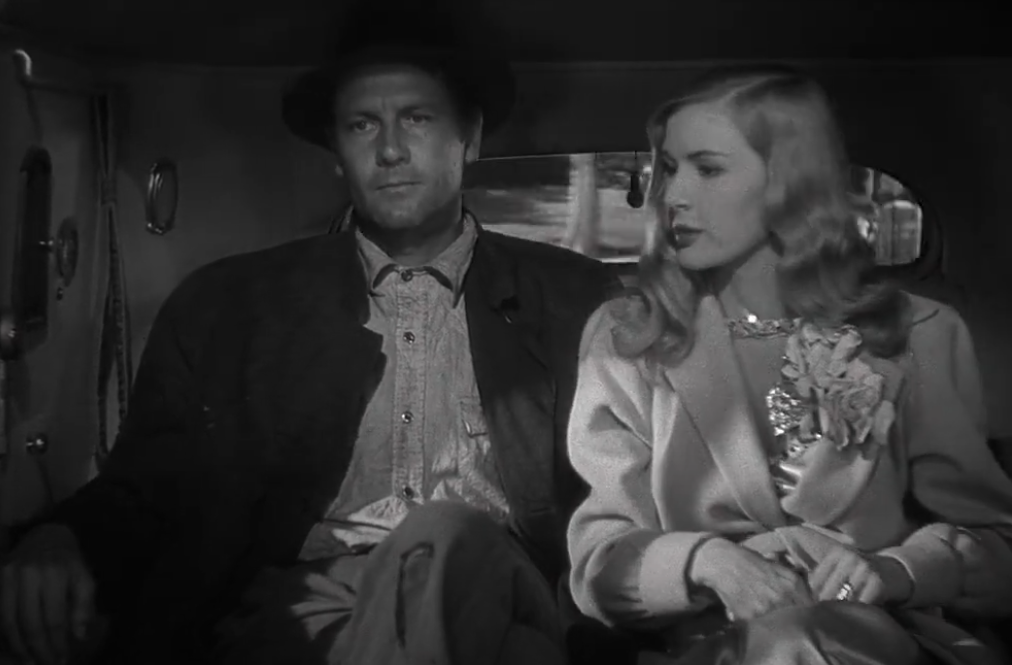 Paramount, Sullivan's Travels 1941
Paramount, Sullivan's Travels 1941
The Sea Hawk (1940)
Director: Michael Curtiz
Genres: Action, Adventure, History, Romance
Synopsis: “Geoffrey Thorpe, a buccaneer, is hired by Queen Elizabeth I to nag the Spanish Armada. The Armada is waiting for an attack on England and Thorpe surprises them with attacks on their galleons where he shows his skills with the sword.”
This black and white film features familiar faces with a cast including Claude Rains, Donald Crisp, Alan Hale, Gilbert Roland, and Flora Robson, and is said to be a “blueprint for swashbuckling adventure.”
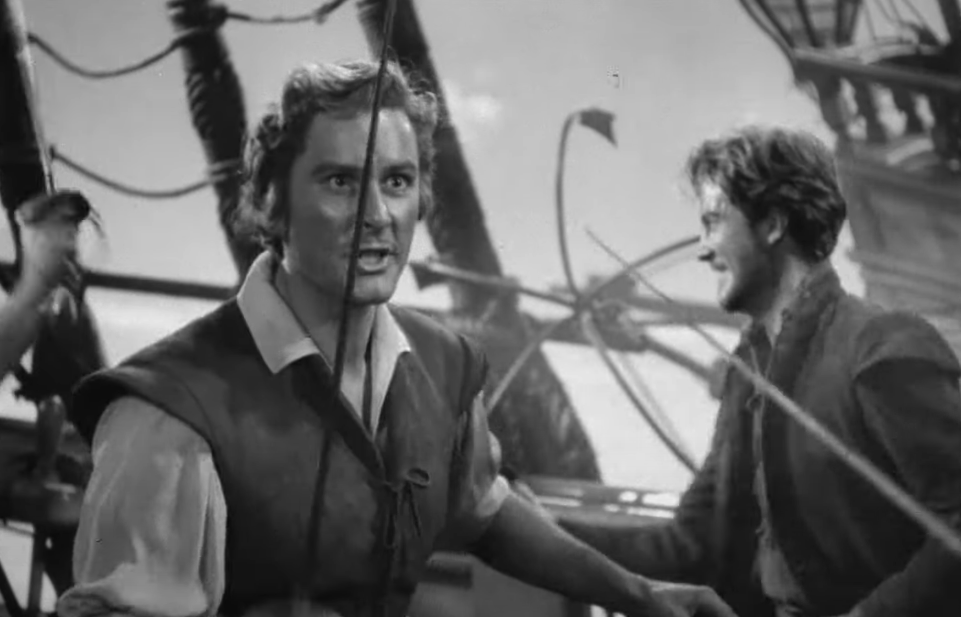 Warner Bros. The Sea Hawk (1940)
Warner Bros. The Sea Hawk (1940)
The Grapes of Wrath (1940)
Director: John Ford
Genre: Drama
Synopsis: “An Oklahoma family, driven off their farm by the poverty and hopelessness of the Dust Bowl, joins the westward migration to California, suffering the misfortunes of the homeless in the Great Depression.”
This film is John Ford's poignant look at how serious the Great Depression was and how it affected an entire generation that grew up knowing the worth of a penny. It is said to be bitterly sad but beautifully told.
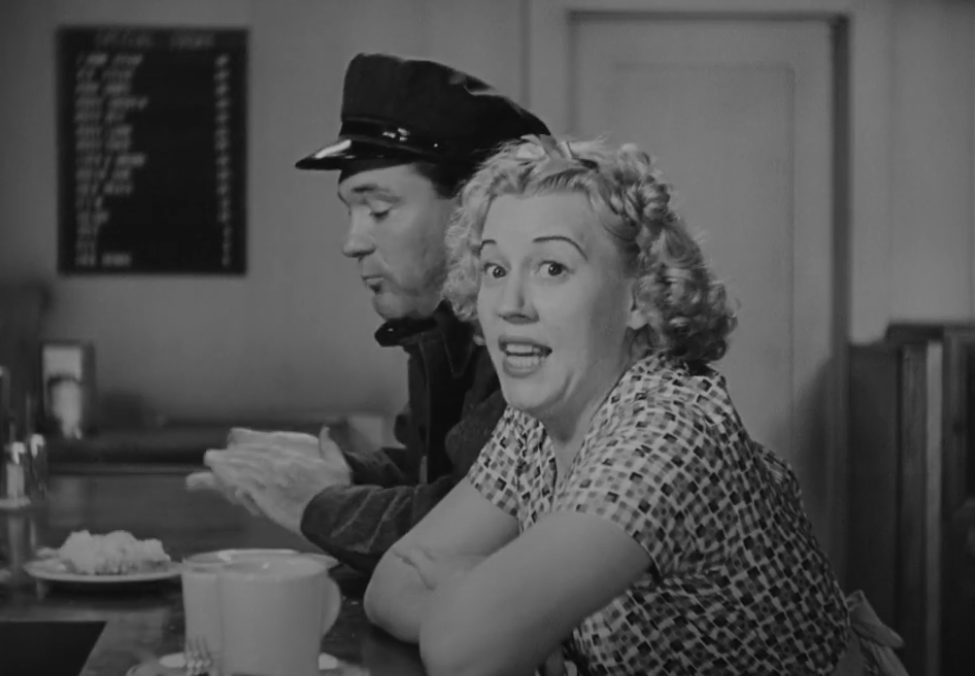 Twentieth Century, The Grapes of Wrath (1940)
Twentieth Century, The Grapes of Wrath (1940)
The Song of Bernadette (1943)
Director: Henry King
Genres: Biography, Drama, Mystery
Synopsis: “14-year-old Bernadette Soubirous, living in a small town in the south of 1850s France, claims to have seen a divine vision, prompting extreme skepticism, concern from her family, and religious and political turmoil.”
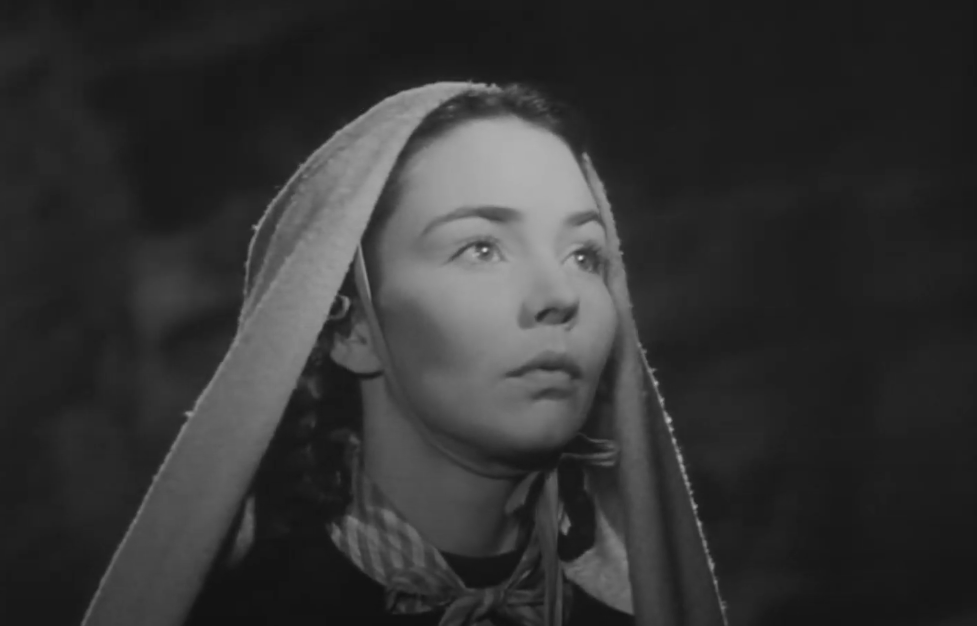 Twentieth Century, The Song of Bernadette (1943)
Twentieth Century, The Song of Bernadette (1943)
The Miracle Worker (1962)
Director: Arthur Penn
Genres: Biography, Drama
Synopsis: “The story of Anne Sullivan's struggle to teach the blind and deaf Helen Keller how to communicate.”
Dubbed as an “emotional earthquake,” this film is said to be one of the reasons many people fall in love with film as art. It is a story and film portraying real human courage, patience and individual, personal will.
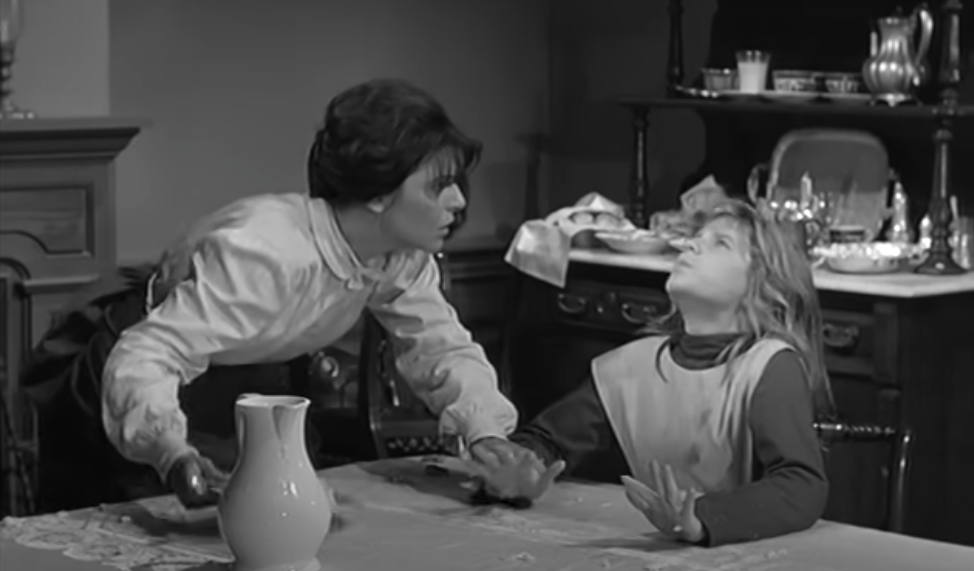 Playfilm Productions, The Miracle Worker (1962)
Playfilm Productions, The Miracle Worker (1962)
Kind Hearts and Coronets (1949)
Director: Robert Hamer
Genres: Comedy, Crime
Synopsis: “A distant poor relative of the Duke D'Ascoyne plots to inherit the title by murdering the eight other heirs who stand ahead of him in the line of succession.”
This film is highly known for Alec Guiness’ eight brilliant characterizations, and lead performance by Dennis Price.
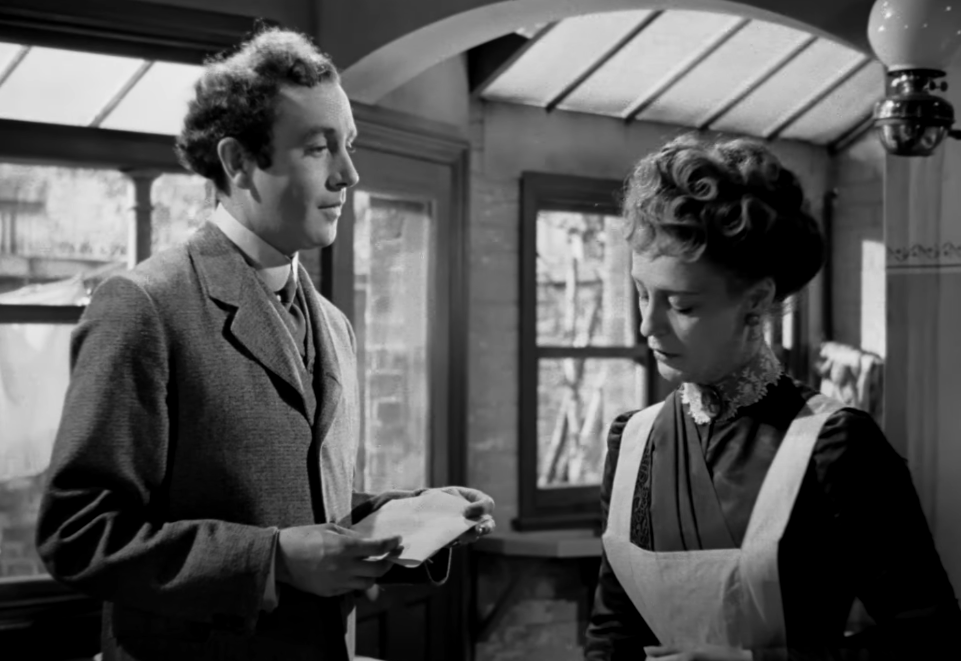 Ealing Studios, Kind Hearts and Coronets 1949
Ealing Studios, Kind Hearts and Coronets 1949
Dr. Strangelove or: How I Learned to Stop Worrying and Love the Bomb (1964)
Director: Stanley Kubrick
Genres: Comedy, War
Synopsis: “An unhinged American general orders a bombing attack on the Soviet Union, triggering a path to nuclear holocaust that a war room full of politicians and generals frantically tries to stop.”
It is said that, “no film ever effected a generation that worried about atomic annihilation more than this one did.” Kubick took something serious and made viewers laugh at their own absurdities.
The Seventh Seal (1957)
Director: Ingmar Bergman
Genres: Drama, Fantasy
Synopsis: “A knight returning to Sweden after the Crusades seeks answers about life, death, and the existence of God as he plays chess against the Grim Reaper during the Black Plague.”
This iconic film has been dubbed “a film of visual scope, imaginative concept, and powerful content.” It presents a dramatic fantasy game between meaning of life and fear of death.
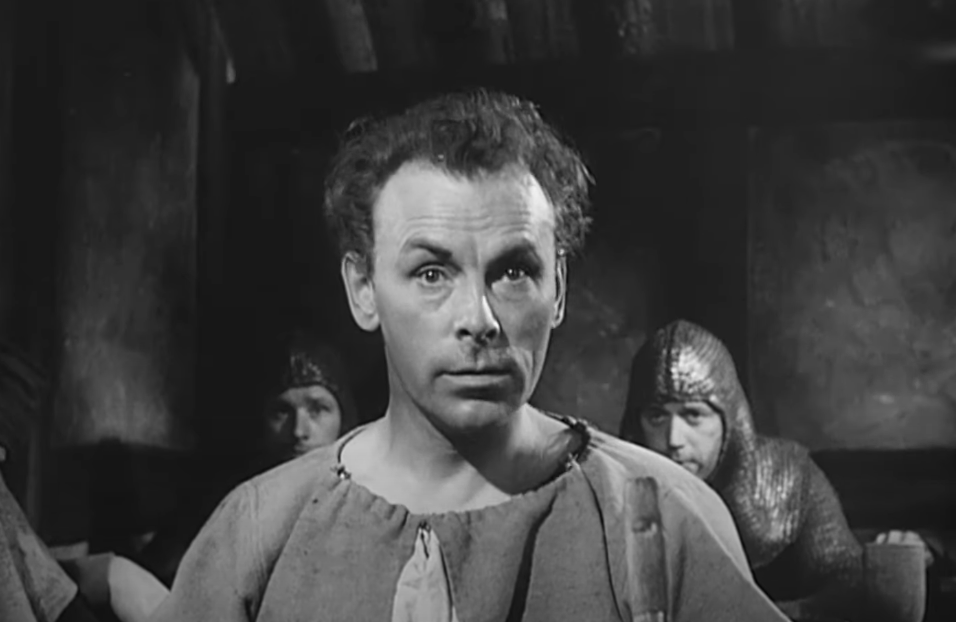 Svensk Filmindustri (SF), The Seventh Seal (1957)
Svensk Filmindustri (SF), The Seventh Seal (1957)
The Razo’s Edge (1946)
Director: Edmund Goulding
Genres: Drama, Romance
Synopsis: “An adventuresome young man goes off to find himself and loses his socialite fiancée in the process. But when he returns 10 years later, she will stop at nothing to get him back, even though she is already married.”
According to news sources, this film broke all previous studio box-office records. Viewers rave about the outstanding performances by its impressive cast, and call this film a true black and white classic.
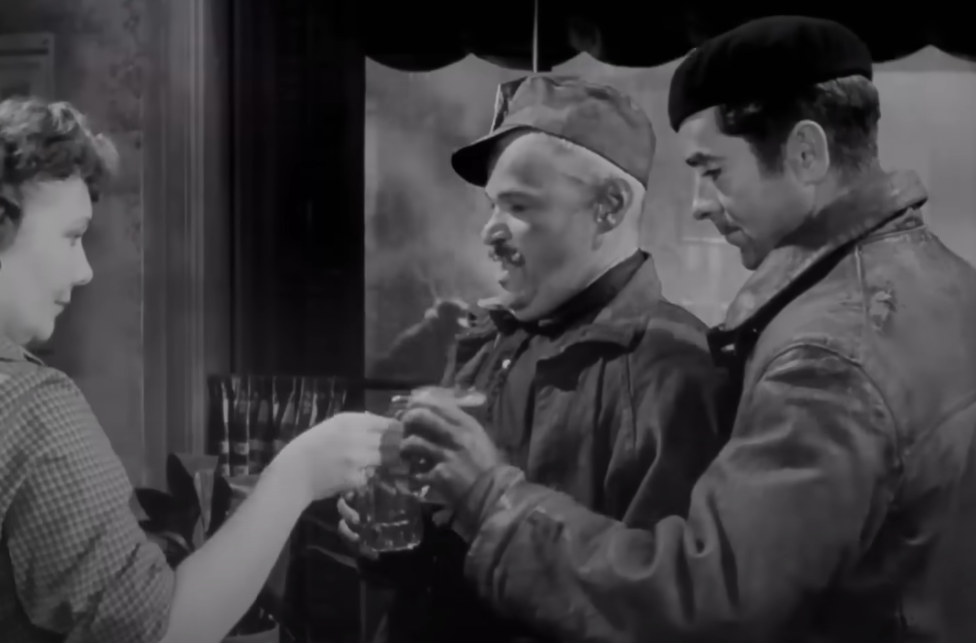 Twentieth Century, The Razor's Edge (1946)
Twentieth Century, The Razor's Edge (1946)
I Remember Mama (1948)
Director: George Stevens
Genres: Drama, Family
Synopsis: “A young writer recalls her ups and downs of growing up as one of four children to Norwegian immigrant parents in 1910s San Francisco.
This film has been lovingly referred to as a “delightful combination of humor, drama, and family life.”
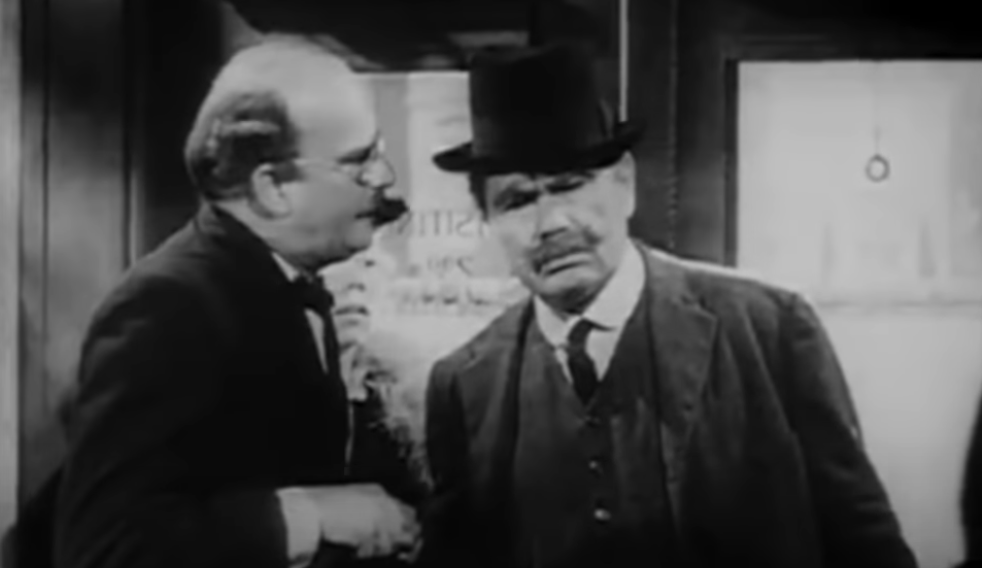 RKO Radio Pictures, I Remember Mama (1948)
RKO Radio Pictures, I Remember Mama (1948)
Inherit the Wind (1960)
Director: Stanley Kramer
Genres: Biography, Drama, History
Synopsis: “Based on a real-life case in 1925; two great lawyers argue the case for, and against, a Tennessee science teacher accused of the crime of teaching Darwin's theory of evolution.”
This film is said to have a great pace and energy with an excellent cast.
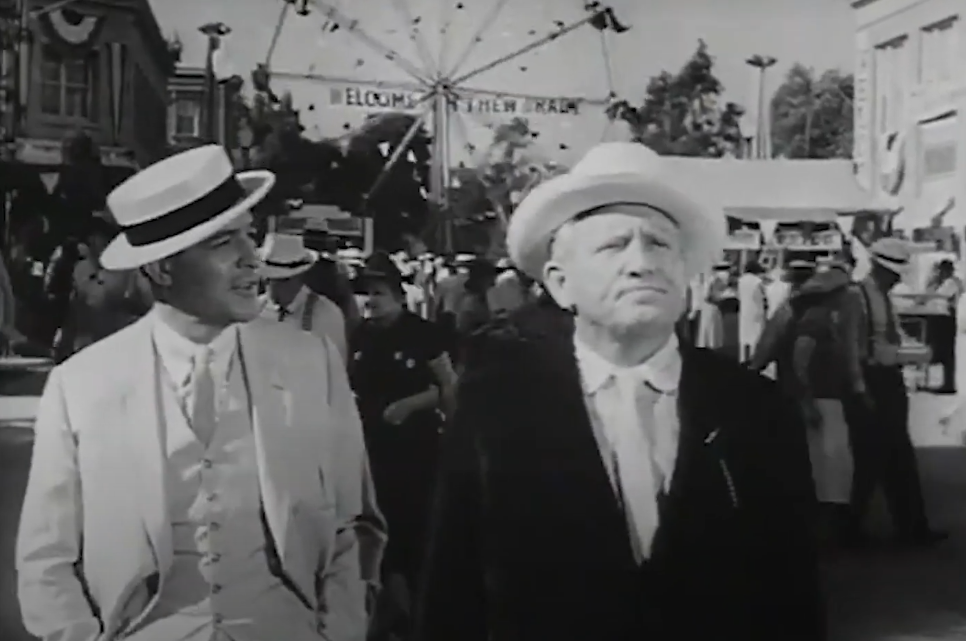 Stanley Kramer Productions, Inherit the Wind 1960
Stanley Kramer Productions, Inherit the Wind 1960
Random Harvest (1942)
Director: Mervyn LeRoy
Genres: Drama, Romance
Synopsis: “An amnesiac World War I veteran falls in love with a music hall star, only to suffer an accident which restores his original memories but erases his post-war life.”
This film is perhaps one of the greatest romance stories of all time. Not only is it a tear-jerking love story, but it is said to be “moving,” with an exceptional cast and entrancing storyline.
Modern Times (1936)
Director: Charles Chaplin
Genres: Comedy, Drama, Romance
Synopsis: “The Tramp struggles to live in modern industrial society with the help of a young homeless woman.”
As Chaplin’s last “silent” film, Modern Times is said to be a very well-written story with a zany approach to life.


